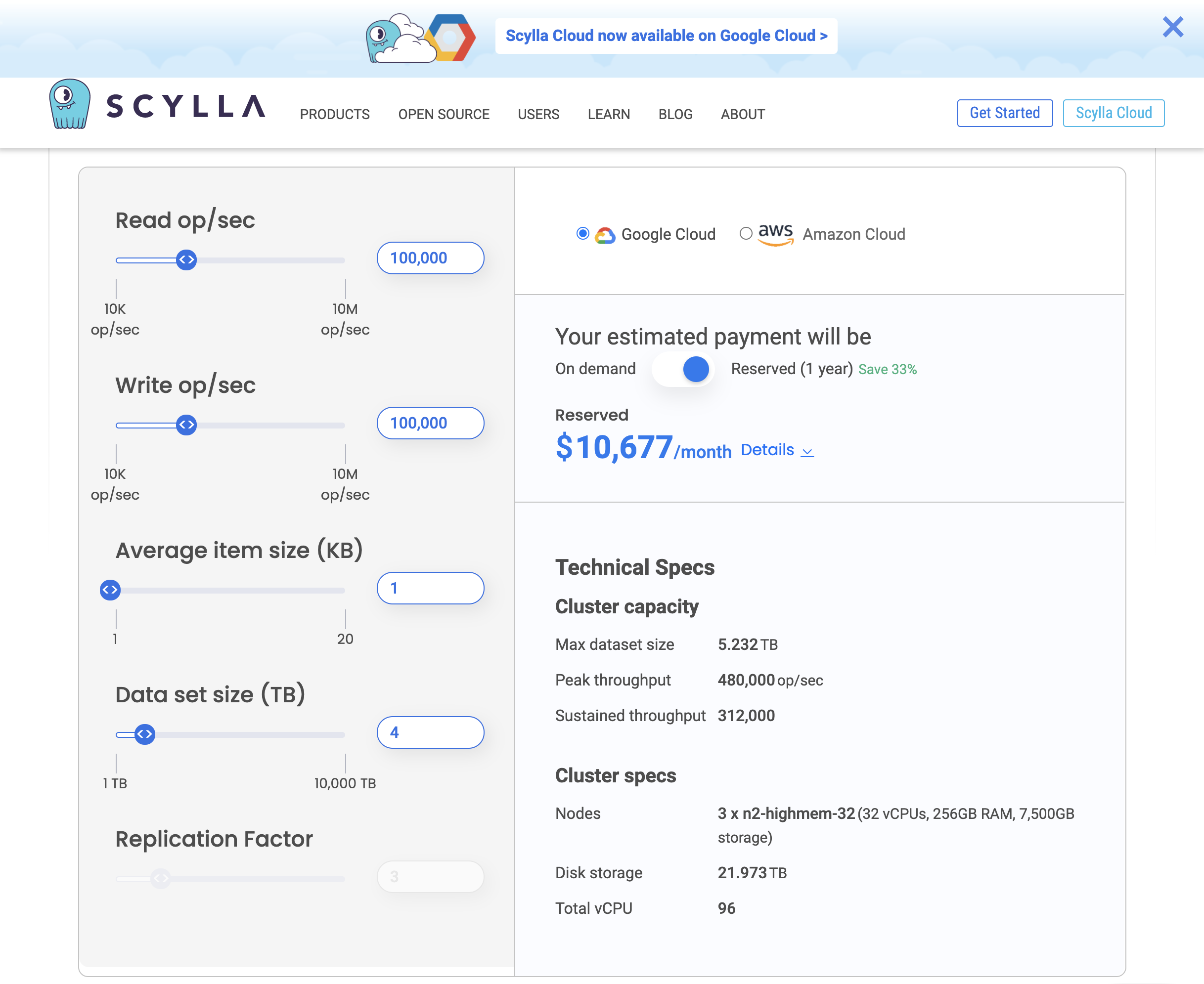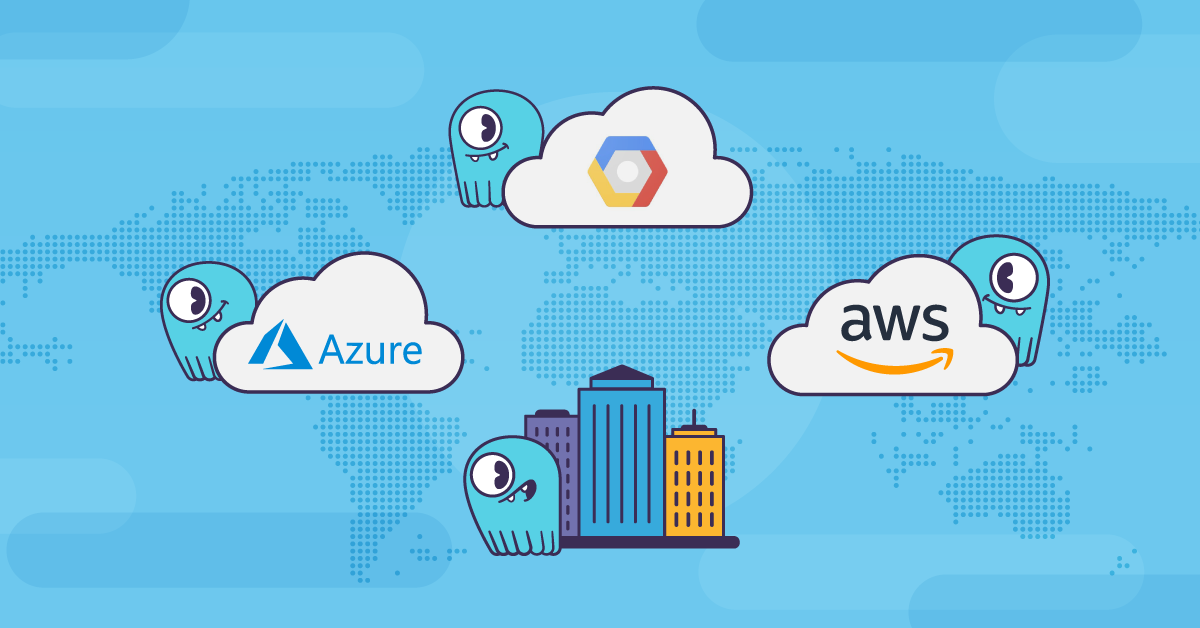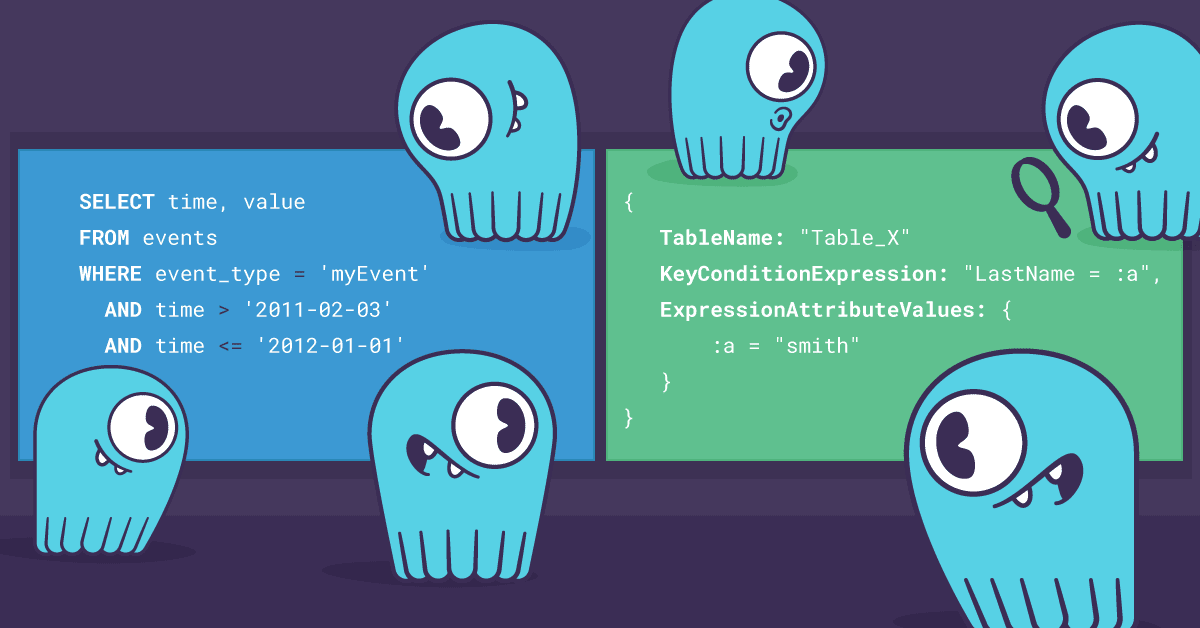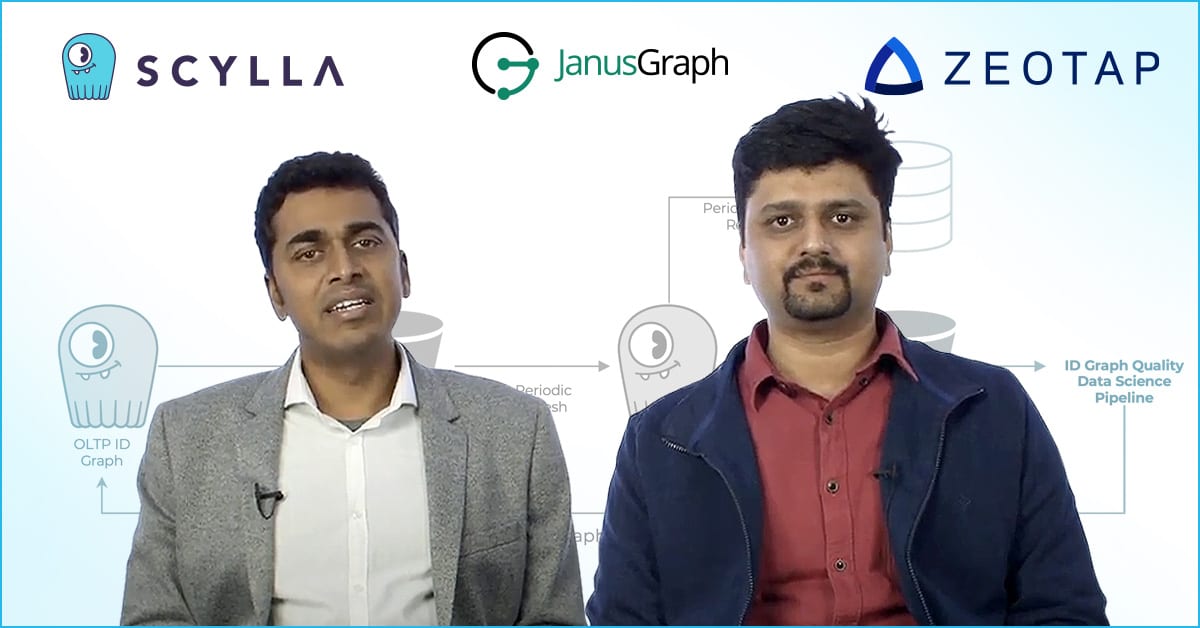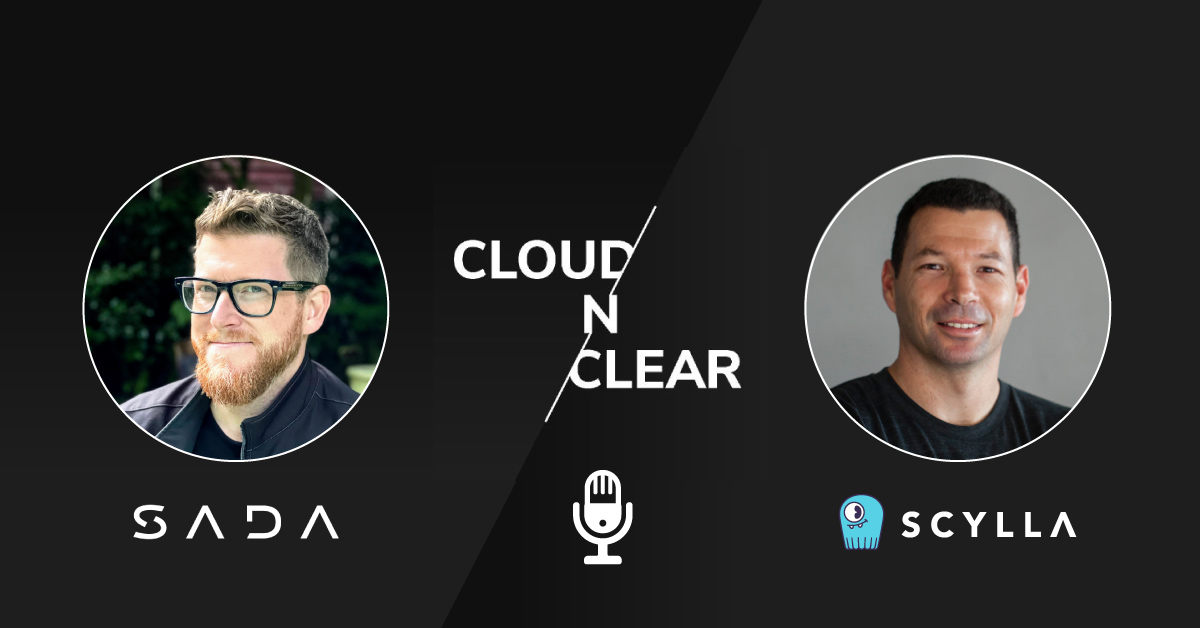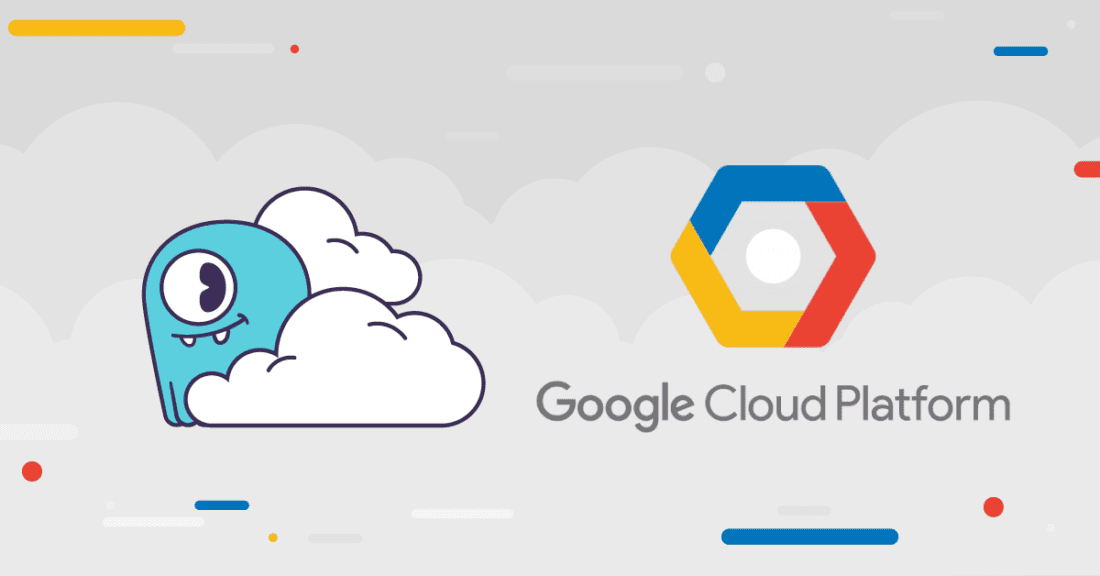
Today, we’re announcing the general availability of ScyllaDB Cloud on Google Cloud. ScyllaDB Cloud is our resilient, highly performant, fully managed NoSQL database-as-service (DBaaS). Since its release, ScyllaDB has become the go-to for companies that need a database built from the ground up for modern cloud environments. In 2019 we introduced ScyllaDB Cloud, our fully-managed DBaaS. Initially available on AWS, users discovered ScyllaDB Cloud made it easier for them to operate and scale their NoSQL workloads, since it alleviated them from administrative burdens. Today’s announcement gives users the flexibility to now run ScyllaDB Cloud on the public cloud of their choice.
For those not already familiar with ScyllaDB, it is a wide-column NoSQL database API compatible with both Apache Cassandra CQL as well as DynamoDB. While there are many offerings of Cassandra-compatible databases in the industry (of which we believe we are the best-of-breed),, we are the first and currently only company in the industry to offer a DynamoDB-compatible managed database on a public cloud apart from AWS. (Learn more about our Alternator API below.)
Already today 82% of our customers run ScyllaDB on public clouds, and we believe this announcement will accelerate ScyllaDB’s adoption within the Google Cloud community. Built with a close-to-the-hardware, shared-nothing design, ScyllaDB Cloud empowers organizations to build and operate real-time applications at global scale — all for a fraction of the cost of other DBaaS options.
ScyllaDB Cloud is now available in 20 geographical regions served by Google Cloud, from key US regions (Virginia, Ohio, California, and Oregon), to locations in Asia, Europe, South America, the Middle East, and Australia. ScyllaDB Cloud will be deployed to the n2-highmem series of servers, known for their fast, locally-attached SSD storage.
The SADA Connection
To make this happen, ScyllaDB partnered with SADA Systems, winner of Google Cloud’s partner of the year award for three years running. With over 5,000 Google Cloud customers accounting for half a billion in spend, SADA’s mission is to harness the power of Google Cloud to help you activate what you need and when you need it.

Miles Ward, SADA Systems’ CTO, pointed out a key benefit of ScyllaDB Cloud on Google Cloud: “With ScyllaDB Cloud running on Google Cloud, your data resides on the same infrastructure as other Google Cloud services and applications. Developers can spin up clusters in minutes and instantly gain access to the high throughput and predictable low-latency performance of ScyllaDB Cloud.”
Companies using ScyllaDB on Google Cloud Today
A number of ScyllaDB customers already run ScyllaDB Enterprise on Google Cloud. One such customer is Zeotap. Zeotap’s Customer Intelligence Platform hosts one of the world’s largest identity graphs, consisting of 20 billion nodes, 8 billion edges, and 3.6 billion identities. Based in Berlin, Zeotap has the additional consideration of the European Union’s General Data Privacy Regulation (GDPR); the service must provide adequate security and control over regional data sharing.
By running ScyllaDB on Google Cloud, Zeotap reduced their data processing SLA from 10 hours (sometimes even more than a day!) to as little as 2 hours. They slashed the job failure rate from 20% per day to 2% per day. For more on Zeotap’s use of ScyllaDB, read this blog post from last year.
Investing.com also runs ScyllaDB on Google Cloud. With 12 million monthly unique visitors and 700,000 daily mobile visitors, latency affects many users. By moving to ScyllaDB on Google Cloud, Investing.com experienced improved latency and better hardware utilization, which allowed the team to shrink their database cluster size by half.
Of course, what’s changing today is that we’re offering these benefits as a fully managed service on Google Cloud. The day-to-day management and monitoring of your clusters will be handled by the ScyllaDB Cloud operations and support team.
The Benefits of ScyllaDB Cloud on Google Cloud
ScyllaDB Cloud running on Google Cloud delivers the full range of capabilities and benefits available on other cloud platforms:
- Scale Up and Out: ScyllaDB’s performance grows linearly with larger compute instances and additional cores. This translates to fewer nodes to provision and significantly lower cost to use ScyllaDB Cloud compared to other NoSQL DBaaS options.
- Resilient & Highly Available: ScyllaDB Cloud automatically replicates data across multiple availability zones within a region, totally eliminating single points of failure. ScyllaDB Cloud customers can add replicas and expand clusters across data centers as needed.
- Security: Among managed DBaaS offerings, ScyllaDB Cloud uniquely provides single-tenant hardened security, with encrypted data at rest, data in transit, encrypted backups, and key management. Additionally, ScyllaDB Cloud is SOC2 Type II certified.
- Hot Fixes: Updates are applied transparently to a running system, ensuring that the latest features and security updates are always installed.
- Virtual Private Cloud (VPC) Peering: Applications can connect securely to the ScyllaDB Cloud environment, and use private IPv4 or IPv6 addresses to avoid routing traffic over the Internet.
- Automated Backups: ScyllaDB Cloud offers automated backups directly to Google Cloud Storage.
- Automated Monitoring: The ScyllaDB Cloud engineering team also monitors your clusters 24x7x365 to ensure your database conforms to your SLAs. Metrics in Prometheus format can also be provided for consolidated monitoring by customers.
Beyond Vendor Lock-in: Running DynamoDB Workloads on Google Cloud
As stated above, one of ScyllaDB’s unique features is its support for DynamoDB workloads. ScyllaDB exposes a compatibility API, known as ScyllaDB Alternator, which enables you to agnostically run your DynamoDB workloads anywhere — on any public cloud, in private clouds, or even on-premises. We have a number of customers already using this API in production.
By releasing ScyllaDB Cloud on Google Cloud, we now support running DynamoDB workloads in a managed service on Google Cloud. For companies concerned about cloud vendor lock-in, this provides you the flexibility you’ve been looking for.
To help support your transition, our Spark-based ScyllaDB Migrator makes switching between DynamoDB and ScyllaDB Cloud on Google Cloud a far more manageable task.
If you have questions about whether to run ScyllaDB Cloud using the CQL interface or its DynamoDB-compatible Alternator interface, you might find this article handy in enumerating the differences, or contact us to ask more in-depth questions.
Pricing
We strive to provide as many pricing options as possible to suit your team’s billing structure. You can structure your plan in the following ways:
- Annual reserved pricing, billed upfront
- Annual reserved pricing, billed monthly
- On-demand hourly
We’ve also expanded our cloud pricing calculator to support both Google Cloud and AWS. The calculator helps you to work through scenarios and determine how ScyllaDB Cloud fits into your budget. You specify your desired on demand or reserved pricing model, your estimated peak reads and writes per second, and the total data you need to store, and we’ll tell you the number and types of servers you’ll need to deploy, with an estimated monthly price.
Our handy pricing calculator lets you model your costs based on workloads and the size of your data set.
Global distribution, massive scale, and high performance are table stakes for modern business. Where most other NoSQL databases fall short, ScyllaDB provides scale along with the industry’s best price/performance.
